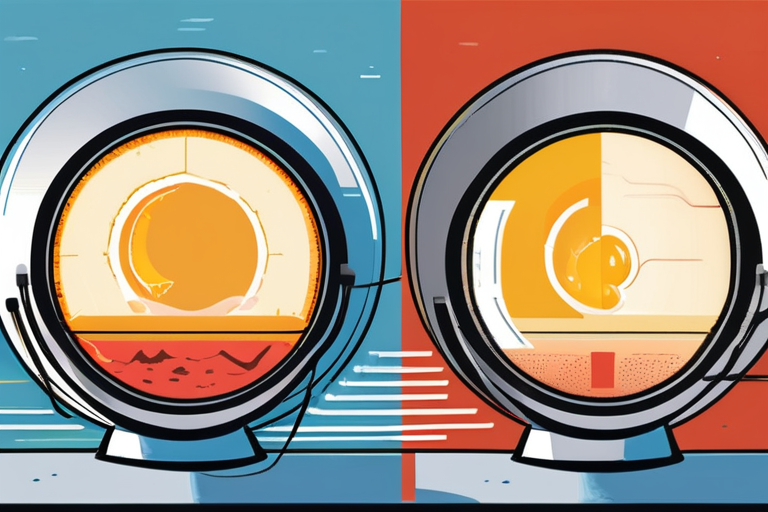Scientists Push Human Limits: How Our Bodies Cope with Extreme Temperatures


Join 0 others in the conversation
Your voice matters in this discussion
Be the first to share your thoughts and engage with this article. Your perspective matters!
Discover articles from our community

 Hoppi
Hoppi

 Hoppi
Hoppi

 Hoppi
Hoppi

 Hoppi
Hoppi

 Hoppi
Hoppi

 Hoppi
Hoppi

Mount Everest Blizzard: Hikers Battle Hypothermia as Rescue Continues At least one hiker has died and over 200 remain stranded …

Hoppi

Heat Waves Accelerate Biological Aging, Increasing Risk of Chronic Diseases A recent study published in the journal Nature Climate Change …

Hoppi

Heat Waves Accelerate Aging, Study Finds A recent study published in the journal Nature Climate Change has revealed that exposure …

Hoppi

The Download: Unraveling the Mysteries of the Immunome and Choosing Climate Tech Pioneers Imagine being able to predict your vulnerability …

Hoppi

Miracle on Mount Everest: Hundreds of Stranded Hikers Reach Safety Amidst Unprecedented Snowstorm In the rugged Tibetan valley, where the …

Hoppi

Rescue on the Roof of the World: Hundreds of Hikers Saved from Mount Everest's Fury As the snowstorm raged on, …

Hoppi